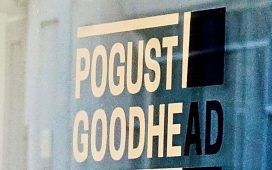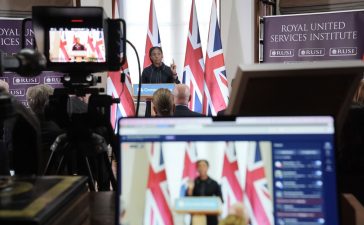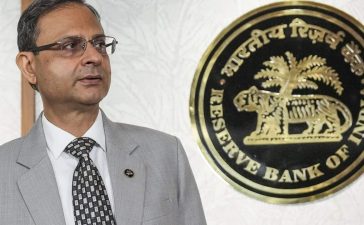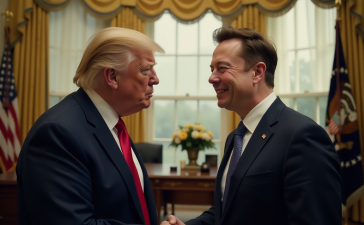The barrister Paul Powlesland, who has acted for climate protesters, was called to jury service last week, and made judicial history by taking an oath on the thing most holy to him – not an ancient book, but a cupful of water from his local river in north-east London: “I swear by the River Roding, from her source in Molehill Green to her confluence with the Thames,” he said, “that I will faithfully try the defendant and give a true verdict according to the evidence.”
Powlesland explained that he wanted to promote the idea of the sacredness of nature, and its place in the legal system. “I hope that many others follow suit,” he said, “and animism is soon found more regularly in our courts.”
In fact, the practice has the oldest of precedents. The first recorded oaths in western literature were made by the Homeric gods, who were, you will recall, in the habit of swearing on the waters of River Styx. As Hesiod wrote, breaking such a vow had serious consequences: “And whoever of the gods, pours of this water, and swears on it, and does so falsely, he is laid flat, and does not breathe, until a year is completed; nor will he have ambrosia and nectar to eat, but be laid on his bed while the evil coma covers him.”
It is to be hoped that a cup-full of the sacred Roding, under the ever watchful management of Thames Water, does not produce a comparable effect.
Home comforts
Later this week, the National Gallery will place what was once voted the nation’s favourite painting – David Hockney’s 1977 double portrait My Parents – alongside the image that inspired its pastel stillness: Piero Della Francesca’s 15th-century masterpiece, The Baptism of Christ (a reproduction of which is reflected in Kenneth and Laura Hockney’s sideboard mirror). I can never look at Hockney’s portrait of his father, poring over an encyclopaedia, without recalling something the artist once said to me in an interview, explaining his dad’s eccentricities.
“One time,” the artist recalled, “I came home at night and he was sat halfway down the street in one of our armchairs out of the front room, outside a phone box. I said: ‘Well, what are you doing?’ He said: ‘I put an ad in the paper to sell the billiard table and told people to ring this number between six and six-thirty.’ At 6.30pm he wheeled the chair back up the street. It’s important to be comfortable, though, isn’t it?”
after newsletter promotion
Truth telling
In among the headline acts of the Russian-American prisoner exchange, the Wall Street Journal reporter Evan Gershkovich on the one hand, and the Russian hitman Vadim Krasikov on the other, the liberation of the artist Sasha Skochilenko didn’t get much attention. Her release was a powerful reminder, however, of the brutal repressions of Putin’s regime and his assault on truth. Skochilenko was imprisoned for seven years for a tiny act of protest: she replaced five sticky labels in her local supermarket with others giving information about Russia’s destruction of Mariupol, in eastern Ukraine, in February 2022. One label read: “The Russian army bombed an art school in Mariupol. About 400 people were hiding in it from shelling.”
At her sham of a trial, Skochilenko, then 33, asked: “How fragile must the prosecutor’s belief in our state and society be, if he thinks that our statehood and public safety can be brought down by five small pieces of paper?” Her release guarantees that those five pieces of paper will not be forgotten.










